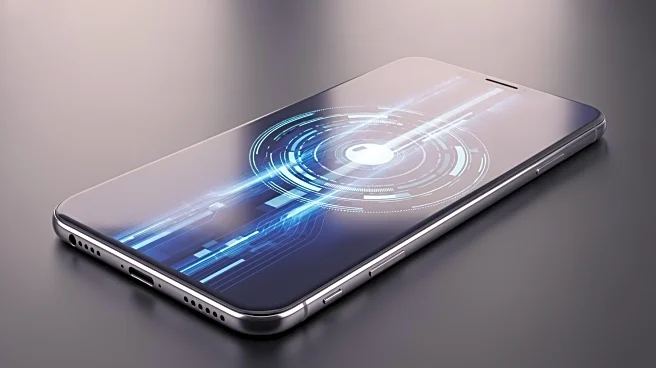What's Happening?
OpenAI has expanded its AI video generation app, Sora, to Android users in the U.S., Canada, and several Asian countries. Initially launched on iOS, Sora quickly gained popularity, amassing over a million
downloads within a week. The app allows users to create videos using their own likeness, which can be shared in a TikTok-like feed. However, Sora has faced criticism for its handling of deepfakes, particularly after users uploaded disrespectful videos of historical figures like Martin Luther King Jr. In response, OpenAI paused the generation of content depicting Dr. King and strengthened its guardrails. The app also faced backlash over copyrighted characters, prompting a policy change from an 'opt-out' to an 'opt-in' system for rights holders.
Why It's Important?
The launch of Sora on Android signifies OpenAI's strategic move to capture a larger share of the short-form video market, competing with platforms like TikTok and Instagram. The app's ability to generate hyperrealistic videos raises concerns about the potential misuse of deepfake technology, which could have implications for privacy and misinformation. As AI-driven content becomes more prevalent, companies must navigate ethical and legal challenges to ensure responsible use. The criticism faced by Sora highlights the need for robust safeguards to prevent the spread of harmful or disrespectful content.
What's Next?
OpenAI plans to introduce additional features to Sora, including character cameos and basic video editing tools. These updates aim to enhance user engagement and customization options. The company is also involved in a legal dispute with Cameo over the name of Sora's flagship feature, 'Cameo.' As Sora continues to expand its user base, OpenAI will likely face ongoing scrutiny regarding its handling of deepfakes and copyrighted content. The company's ability to address these challenges will be crucial in maintaining user trust and compliance with legal standards.









